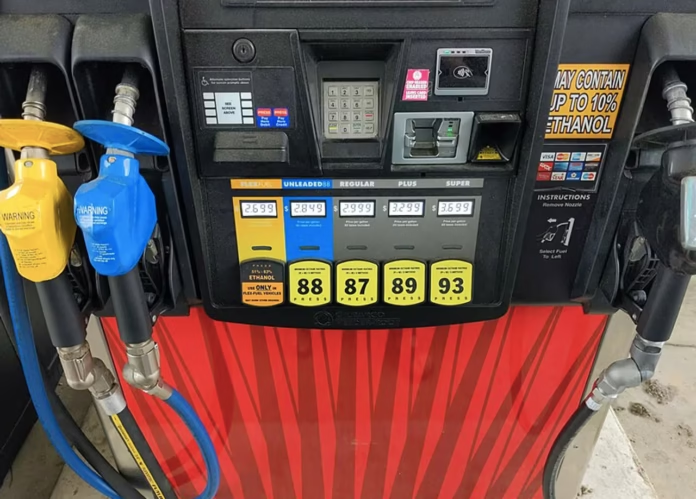In New Jersey, the taxation of gasoline and diesel fuel is structured through two main taxes: the Petroleum Products Gross Receipts Tax (PPGRT) and the Motor Fuels Tax. These taxes are vital to the state’s budget, particularly for funding transportation infrastructure projects and the needs of NJ Transit.
Petroleum Products Gross Receipt Tax (PPGRT)
The PPGRT is a tax imposed on the gross receipts from the sale of petroleum products, including gasoline and diesel fuel. This tax applies to the wholesale distribution of petroleum products, which, in turn, impacts the price consumers pay at the pump. The PPGRT has been a key source of revenue to support the Transportation Trust Fund, which finances various road and bridge projects, as well as public transportation systems such as NJ Transit.
Motor Fuels Tax
In addition to the PPGRT, New Jersey also imposes a Motor Fuels Tax on gasoline and diesel fuels. This tax is directly tied to the use of these fuels for transportation purposes. The Motor Fuels Tax is used to help fund the maintenance and development of the state’s roadways, bridges, and transit systems, including public transportation services provided by NJ Transit.
Recent Changes: Gas Tax Increase
In 2024, New Jersey lawmakers passed legislation that allows for annual adjustments to the state’s fuel taxes to ensure adequate funding for transportation and infrastructure projects. Starting January 1, 2025, drivers in New Jersey will face a 2.6-cent increase in the gas tax. This adjustment is part of a law passed earlier in the year, which set the framework for annual changes to the tax rates until 2029. The adjustment is intended to help meet the revenue goals for the Transportation Trust Fund, which supports road projects and NJ Transit’s capital needs.
Impact of the Gas Tax Increase
With the new increase, the total tax rate that motorists will pay at the pump will be 44.9 cents per gallon for gasoline and 51.9 cents per gallon for diesel. The state’s Department of the Treasury projects a slight increase in fuel consumption for fiscal year 2025, estimating a 0.6% rise in gasoline and fuel use compared to the previous year.
The increase in the gas tax is aimed at ensuring that New Jersey meets its revenue targets for the Highway Fuel Cap, with projections for the next few fiscal years as follows:
- FY 2026: $2.115 billion
- FY 2027: $2.119 billion
- FY 2028: $2.366 billion
- FY 2029: $2.366 billion
These revenue targets are necessary to fund infrastructure improvements and public transportation needs across the state.
The adjustment in New Jersey’s gas tax is part of a broader strategy to ensure the continued support of the state’s vital transportation infrastructure. While the 2.6-cent increase in 2025 may affect motorists at the pump, it is designed to provide steady and reliable funding for essential projects that maintain and improve New Jersey’s roads, bridges, and public transit systems.












